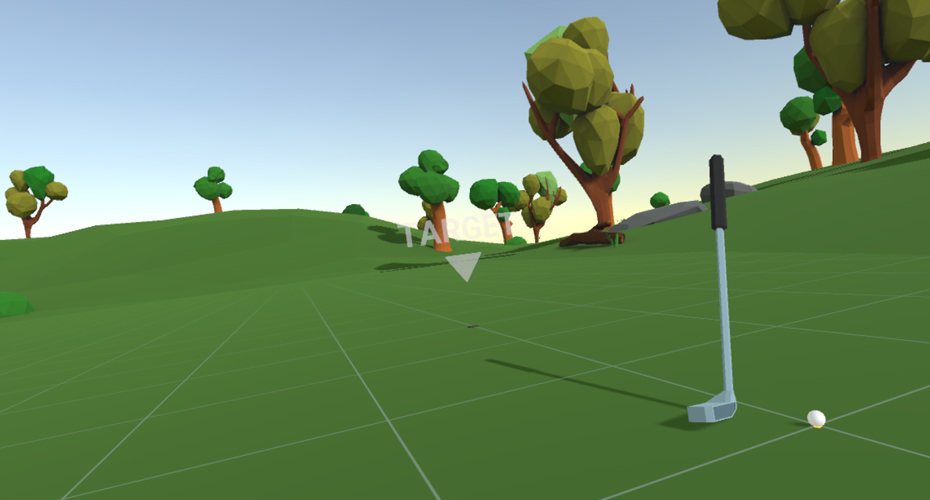Quiet eye and quiet eye training
We have been at the forefront of using mobile eye trackers to test how anxiety can influence visuomotor control, via disruptions to task-specific attentional control (the quiet eye), for over ten years.
We have developed:
- an enhanced understanding of the specific attentional processes that underpin expert visuomotor skilled performance, including their measurement (using eye tracking technology) and explanation (using psychological theory);
- evidence in support of a specific and bespoke form of attentional control training (quiet eye training) that may enhance learning and improve motor skill robustness.

Consultancy and training
With substantial experience in applying quiet eye training to military, surgical, clinical and sporting domains we are able to offer a bespoke consultancy service for businesses or researchers, as well as a complete training package via our links with Cineon Training.
Publications
- Training Attentional Control Improves Cognitive and Motor Task Performance. Emmanuel Ducrocq, Mark Wilson, Sam Vine and Nazanin Derakshan. Journal of Sport and Exercise Psychology (2016)
- To err again is human: exploring a bidirectional relationship between pressure and performance failure feedback. David J. Harris, Samuel J. Vine, Michael W. Eysenck and Mark R. Wilson. Anxiety, Stress & Coping (2019).
- Quiet eye training expedites motor learning and aids performance under heightened anxiety: The roles of response programming and external attention. Lee J. Moore, Samuel J. Vine, Andrew Cooke, Christopher Ring and Mark R. Wilson. Psychophysiology (2012)
- Quiet Eye Training Improves Small Arms Maritime Marksmanship. Lee J. Moore, Samuel J. Vine, Adam N. Smith, Sarah J. Smith and Mark R. Wilson. Military Psychology (2014).
- Gaze training enhances laparoscopic technical skill acquisition and multi-tasking performance: a randomized, controlled study. Mark R. Wilson, Samuel J. Vine, Elizabeth Bright, Rich S. W. Masters, David Defriend, John S. McGrath. Surgical Endoscopy (2011).
- A randomized controlled trial of a group-based gaze training intervention for children with Developmental Coordination Disorder. Greg Wood, Charlotte A. L. Miles, Ginny Coyles, Omid Alizadehkhaiyat, Samuel J. Vine, Joan N. Vickers, Mark R. Wilson. PLOS ONE (2017).
- Quiet eye training facilitates competitive putting performance in elite golfers. Samuel J. Vine, Lee J. Moore and Mark R. Wilson. Frontiers in Psychology (2011).